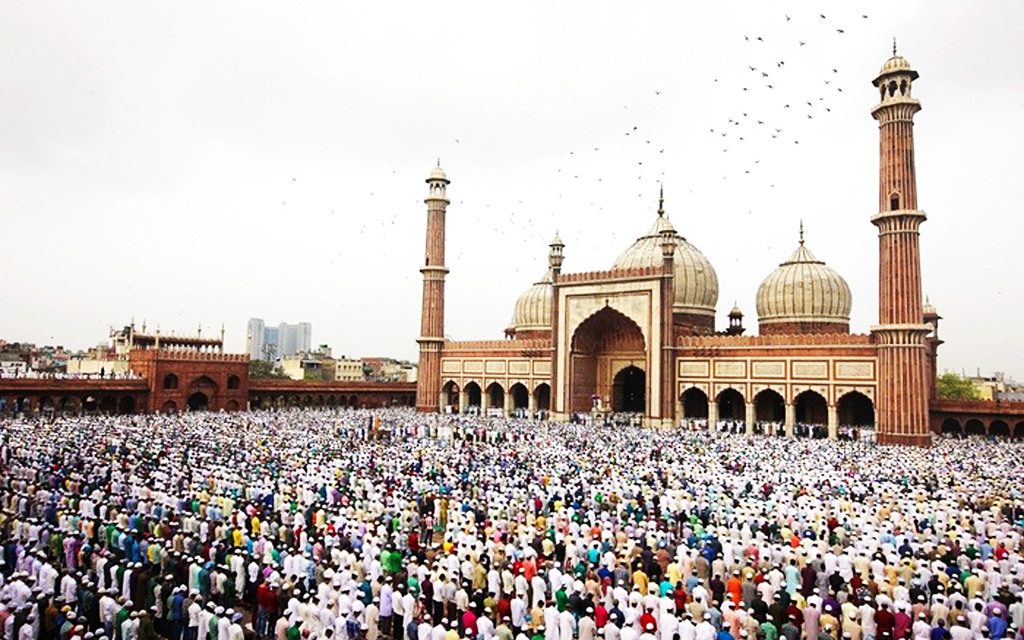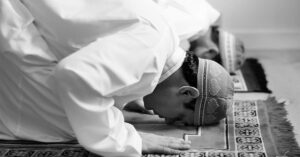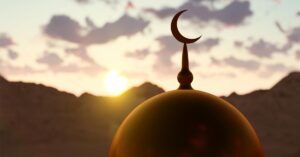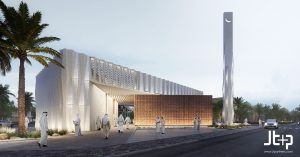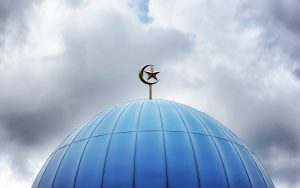Eid, the first day of the month of Shawwal, the tenth month of the Muslim calendar. On this day, Muslims take to mosques or public spaces to celebrate the culmination of Ramzan.
Ramzan or a Ramadan is the ninth month of the Islamic calendar. It is observed by all Muslims willing & able during which they must refrain from sinful behavior. Pre-fast meals before dawn are referred to as Suhoor, while the post-fast breaking feasts after sunset are called Iftar. Fasting for Muslims during Ramadan typically includes the increased offering of prayers (salat), recite the Quran and an increasing of doing good deeds and charity.
Moon month
The beginning and the end of Ramadan are determined by the lunar eclipse. It begins with a crescent Since the new moon marks the beginning of the new month, Muslims can usually safely estimate the beginning of Ramadan. This first day of Shawwal is called Eid al-Fitr. Eid al-Fitr may also be a reference towards the festive nature of having endured the month of fasting successfully and returning to the more natural disposition (fitra) of being able to eat, drink and resume intimacy with spouses during the day.
Thus the Hindi phrase, ‘Eid Ka Chand’ found its stance in the vernacular.
General practices
Eid al-Fitr is celebrated for one, two or three days. It is forbidden to fast on the Day of Eid. Also, a specific prayer is nominated for this day. As an obligatory act of charity, money is paid to the poor and the needy (Arabic: Zakat-ul-Fitr) before performing the ‘Eid prayer.
Eid al-Fitr prayer (Salat al-Eid) or Eid al-Fitr Namaz is performed on the occasion of Eid. After which, feasts are organized either at a home or in a community. Sumptuous meals are prepared and houses are decked up. Akin to Christmas, gifts are exchanged and many do charity for the underprivileged section of the community.
In India
The night before Eid is called Chaand Raat, which means, “Night of the Moon”. Muslims will often visit bazaars and shopping malls with their families for Eid shopping. Women, especially younger girls, often apply the traditional Mehndi, or henna, on their hands and feet and wear colorful bangles.
Special dishes made are Sivayyan which is a sweet dish of fine toasted sweet vermicelli noodles with dry fruits and milk. People also distribute a charity locally known as fitra. Many people also avail themselves of this opportunity to distribute zakat, an Islamic obligatory alms tax of 2.5% of one’s annual savings, to the needy. Zakat is often distributed in the form of food and new clothes.
Eid Mubarak to you!
Eid Mubarak translates directly to ‘blessed celebration’ or ‘have a blessed celebration’. There is also a particular way people are expected to reply to the greeting. If you are wished ‘Eid Mubarak’ you should respond by saying ‘Khair Mubarak’. The greeting wishes goodness on the person who has greeted you.
